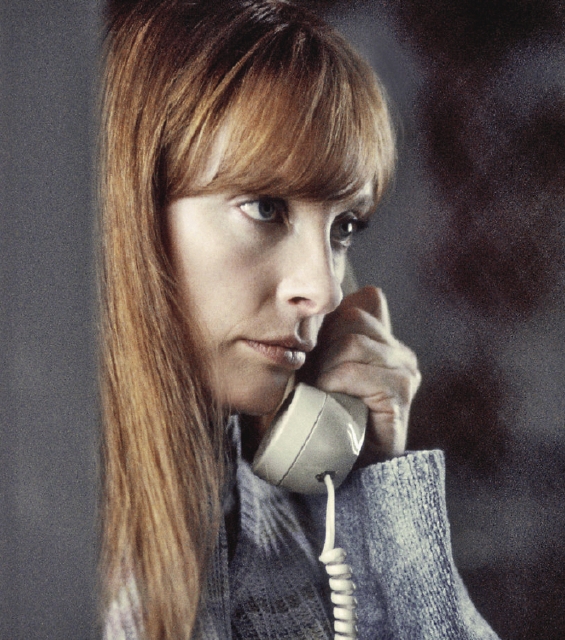The Night Listener
Fictitious Story Based On A True Lie Can’t Find The Reality Of Its Fabrication


no!”
Latest Article|September 3, 2020|Free
::Making Grown Men Cry Since 1992


no!”